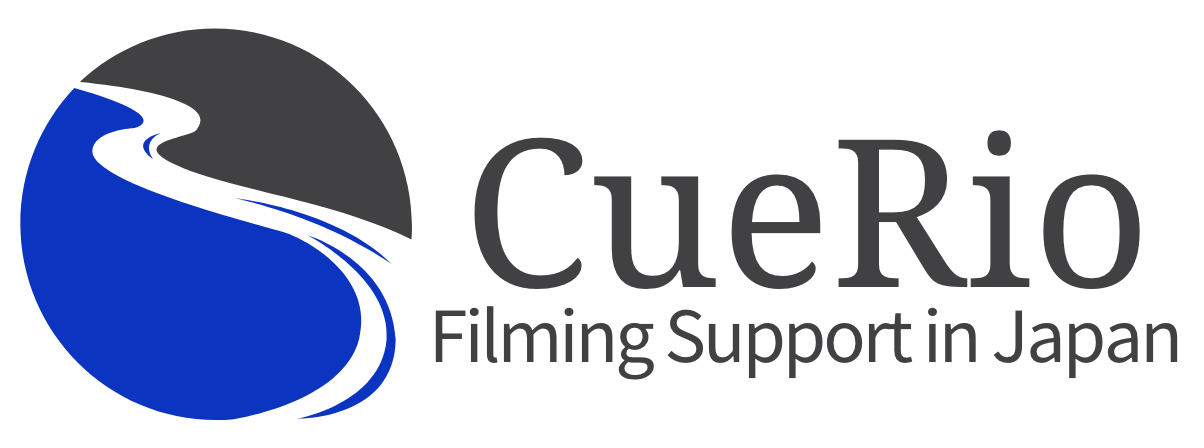When filming in Japan for the first time, you may be confused by our unique rules and culture. While our role is to connect you with the people you're shooting for, there are some tips that we would like you to know before you arrive. We would like to share some of these with you in a series of articles. In this article we will introduce some general Japanese rules and points about our culture.
On time = 5 minutes before

Japan is a country where punctuality is very important. If you have an appointment for filming or an interview, you are expected to arrive prior to the appointment time rather than on time. If you are late for an appointment, you will give a very bad impression to the person you are meeting. So try to arrive at least 5 minutes earlier than you normally would, to give yourself a bit of extra time.
Don't call a Japanese person by their first name when you meet them for the first time

In Japan, we usually use surnames to talk to people in a formal setting. If you call people by their first name, especially if you have never met them before or have not built up a relationship with them, they might find it uncomfortable. So it is better to call your interviewees and those who are willing to help you with the interview by their surname. In this case, it is common in Japan to add a "san" after the surname, as in Mr. or Ms. in English. Of course, please call CueRio staff by their first names, like Rio!
Application processes takes time

If you are applying for filming or interviewing in Japan, expect that it may take 1.5 times longer than if you were to do it in your own country. This is because Japanese organizations and companies are bureaucratic and divided, i.e., different departments do not cooperate with each other, and often require approvals from multiple people in charge. In addition, it often takes extra time to get approval because it requires faxing and a stamp of approval instead of email. CueRio will do everything in our power to make sure that you get your permits on time, but we would appreciate planning as far ahead as possible
Basically, we take off our shoes in the house

As you may know, Japanese people normally take off their shoes at the entrance of their houses. One of the reasons for this is that Japanese houses are traditionally built with a higher floor, and because of the movement of "going up", the inside of the house is considered to be an important place. Restaurants and izakaya (a type of informal Japanese bar that serves alcoholic drinks and snacks) also have a section called ozashiki, which is one step higher and requires the removal of shoes. If you are doing a shoot where you will be entering and exiting the house frequently, it is recommended that you wear shoes that are easy to take on and off.
Japanese Dining Out Culture: Otōshi and Tipping

When you enter an izakaya, you are often served a small plate of snacks called Otōshi (sometimes called tsukidashi in the Kansai area), which is a kind of entry fee that is added to the bill. If you ask t0 "cut of Otōshi" when you enter the restaurant, some restaurants might accept it. By the way, the water served before ordering in Japanese restaurants is free, so don't worry about it.
And, there is no culture of tipping in Japan. Even if you are impressed by the quality of the meal and want to show your appreciation with a tip, please do not leave more money without saying anything! The waiter might be surprised and think that the customer has mistakenly paid too much, so make sure you say something when you pay a tip.
We have been introducing some cultures that are not familiar to people from other countries. If CueRio helps you with your filming, don't worry, we'll make sure everything is ready and set up so that there are no problems!


One thought on “Tips for filming in Japan 1; Japan’s unique rules and culture”